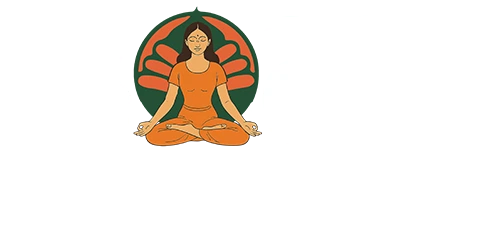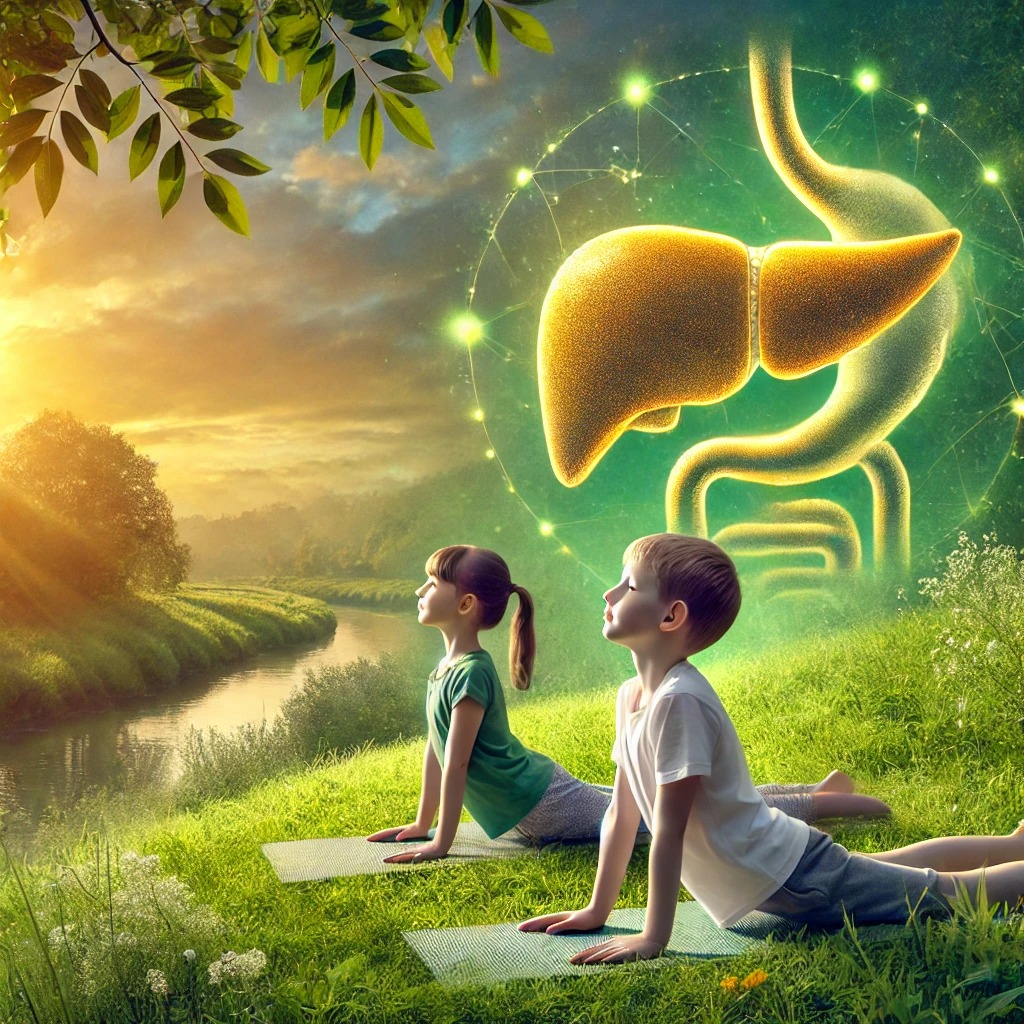Mental disorders are no longer a distant problem faced by only a few. They are silently affecting millions across the globe, including children and adolescents. According to the International Classification of Diseases (ICD-11), a mental disorder is characterized by a clinically significant disturbance in cognition, emotional regulation, or behavior. These disturbances often lead to distress, disability, and impaired functioning in daily life.
In 2019 alone, 970 million people worldwide were living with a mental disorder — that’s 1 in every 8 people! And since the COVID-19 pandemic, these numbers have skyrocketed, with anxiety and depression rising by over 25% in just a year. While medical treatments and therapies are available, access remains a challenge, and social stigma prevents many from seeking help.
But here’s where an ancient yet powerful practice comes into the picture — Yoga. Let's explore how Yoga can be a game-changer for mental health and why you should consider it for yourself or your loved ones.
Understanding the Most Common Mental Disorders
1. Anxiety Disorders
From Generalized Anxiety Disorder to Social Anxiety and Panic Disorders, 301 million people were affected in 2019, including 58 million children and teens. These disorders are marked by excessive worry, fear, and behavioral disturbances, which can paralyze daily life.
2. Depression
Affecting 280 million people, depression is more than just feeling sad — it is persistent and overwhelming. Symptoms include hopelessness, low energy, sleep issues, poor concentration, and even thoughts of self-harm.
3. Bipolar Disorder
Around 40 million people live with mood swings between extreme highs (mania) and lows (depression). This disorder can severely affect relationships, work, and life goals.
4. PTSD (Post-Traumatic Stress Disorder)
Common in conflict zones and after traumatic events, PTSD brings nightmares, flashbacks, and hypervigilance, making normal life difficult.
5. Schizophrenia
A severe disorder that affects 24 million people, leading to delusions, hallucinations, and disorganized thinking, reducing life expectancy by 10-20 years.
6. Eating Disorders
With 14 million cases, eating disorders like anorexia and bulimia are deadly, affecting body image, nutrition, and overall health.
Why Is Mental Health Support Still Inaccessible?
Even though effective treatments (like therapy and medication) exist, most people never receive help. In fact, only 1/3 of people with depression and less than 30% of those with psychosis get care.
Reasons include:
- Stigma and discrimination
- Lack of resources and trained professionals
- Financial constraints
Yoga: An Ancient Solution for a Modern Mental Health Crisis
While Yoga is often seen as a physical exercise, its roots lie in calming the mind and connecting body, mind, and spirit. Modern research backs this up — Yoga can improve mental health, reduce stress hormones, and bring balance to emotional and cognitive systems.
Here’s how Yoga helps various mental disorders:
1. Anxiety and Depression Relief
Yoga practices like deep breathing (Pranayama) and meditation activate the parasympathetic nervous system, reducing cortisol (stress hormone) and calming an overactive mind.
- Breath control eases panic attacks.
- Meditative focus reduces obsessive thoughts and worry.
- Physical postures (Asanas) release muscular tension related to anxiety.
- Scientific studies have shown that regular yoga practice reduces symptoms of depression and anxiety by up to 50%.
2. Stabilizing Bipolar Mood Swings
Yoga promotes emotional regulation through mindfulness and grounding techniques. Practices like Chandra Bhedana (Moon breathing) and Yoga Nidra (guided relaxation) can stabilize extreme emotions and promote inner peace.
3. Managing PTSD
Trauma-sensitive yoga focuses on safe, gentle movements, breathwork, and awareness of bodily sensations, helping survivors reconnect with their bodies in a controlled way. Yoga can reduce flashbacks and hyperarousal, giving a sense of safety.
4. Schizophrenia and Psychosis Support
Though not a replacement for medication, Yoga aids in improving cognitive function and social interaction. Simple postures, chanting (like Om meditation), and guided practices help reduce disorganized thinking and provide grounding experiences.
5. Combating Eating Disorders
Yoga fosters body acceptance, self-love, and mindful eating habits. By focusing on what the body can do (instead of how it looks), individuals rebuild a healthy relationship with themselves.
6. Helping Neurodevelopmental Disorders (Autism, ADHD)
Yoga improves focus, impulse control, and emotional balance in children and adults with ADHD or Autism Spectrum Disorder. Engaging in fun, rhythmic movements and breathing games helps regulate hyperactivity and enhances concentration.
Yoga Tools for Mental Health You Can Start Today
Here are 3 powerful Yoga tools to integrate into your daily routine for mental well-being:
- Anulom Vilom (Alternate Nostril Breathing): Balances brain hemispheres, and calms the nervous system.
- Yoga Nidra (Yogic Sleep): Deep guided relaxation to reset emotional disturbances.
- Surya Namaskar (Sun Salutation): A dynamic sequence to release endorphins and improve mood.
Final Thoughts: Yoga – The Missing Piece in Mental Health Care?
Mental disorders are a growing epidemic, but holistic approaches like Yoga offer a beacon of hope. While medical care and therapy remain critical, Yoga empowers individuals to become active participants in their healing journey.
Imagine a world where mental well-being is cultivated daily through simple breathing, movement, and mindfulness — that world is possible, and Yoga can be the bridge.
So if you or someone you know is struggling, don’t just stop at therapy or medications — add Yoga to the toolkit. It might just be the game-changer we all need.
Want to Learn How Yoga Can Support Your Mental Health Journey?
Join our 200 Hour Yoga Teacher Training Course — Limited Seats Available!







